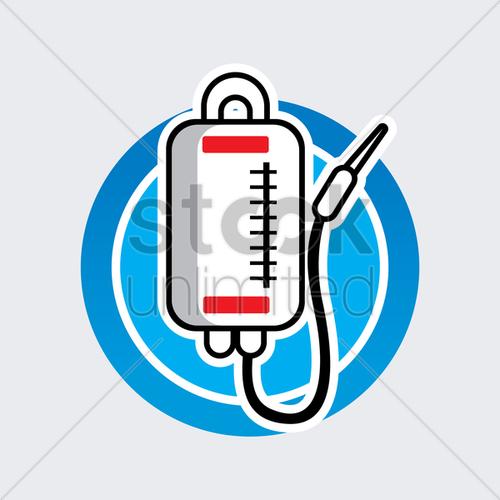Before going to bed, if your mind is restless or under immense mental stress, it often leads to a decrease in sleep quality and may even cause insomnia. If you are unwilling to rely on medication, consider trying traditional Chinese medicine for insomnia, as its gentle and effective methods are highly praised.
### Traditional Chinese Medicine Treatments for Insomnia
– Health Care Therapy: Daily massage of the temples and Baihui acupoint, using a health care wooden comb to comb the hair for 5 minutes, which helps relax the mind and reduce psychological burden. – Dietary Therapy: Prepare a calming drink made from red dates, wheat, and rock sugar. Boil red dates and wheat in water, add rock sugar for flavor, and it is more effective to drink before bedtime. – Medicinal Porridge Therapy: Boil a porridge made from jujubes, lotus seeds, and rice, adding a moderate amount of sugar when the porridge is almost ready, which can promote sleep. – Organ Therapy: Cooking pig heart with Ginkgo nuts and consuming it after seasoning helps the spirit. – Belly Button Therapy: Grind sour jujube seeds into powder, apply it to the belly button before sleep, which helps improve sleep. – Foot Therapy: Apply a cinnabar paste to the Yongquan acupoint at the sole to promote sleeping. – Foot Soak Therapy: Soak your feet in a solution of magnetite, chrysanthemum, skullcap, and night-blooming cereus to help relieve insomnia.
### Traditional Chinese Medicine Types of Insomnia
Traditional Chinese medicine identifies multiple types of insomnia, including deficiency of heart and spleen, excessive fire due to yin deficiency, disharmony between the heart and kidneys, heart deficiency and cowardice, and deficiency of the liver and gall bladder, each requiring targeted treatment.
### Foods to Improve Insomnia
– Milk: Rich in calcium and tryptophan, helps regulate the sleep center and induce drowsiness. – Longan: Nourishes blood and calms the nerves, suitable for those with neurosis. – Pig Heart: Rich in nutrients, nourishes the heart and blood, alleviating insomnia. – Jujube: Tonifies qi and calms the nerves, suitable for those with constitutionally weak insomnia. – Lily Bulb: Cooked together with lotus seeds, effective for menopausal insomnia. – Millet: High in tryptophan content promotes sleep.
### Self-Therapy Suggestions
– Stress Reduction: Communicate, adjust your mentality to reduce stress, avoid intense exercise or anxious thoughts before sleep. – Moderate Exercise: Engage in moderate intensity exercise during the day to help improve sleep. – Balanced Diet: Dinner should be light, avoid spicy and greasy foods, and consider honey milk to aid sleep.
In conclusion, combining traditional Chinese medicine with healthy lifestyle habits can effectively address insomnia issues, improve sleep quality without the need for medication, and promote overall physical and mental health.


